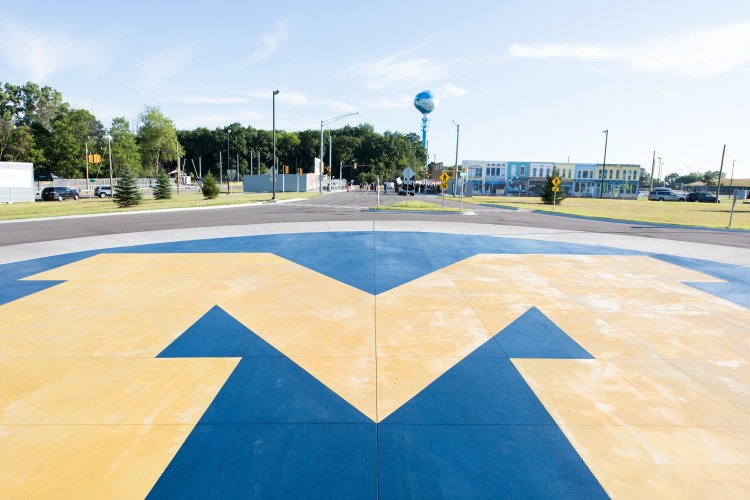The University of Michigan is taking on the challenge of driverless innovation. The institution’s Center for Entrepreneurship (CFE) has teamed up with its Mobility Transformation Center (MTC) to launch TechLab at Mcity, which will foster collaboration between university researchers, advanced transportation startups, and student innovators. As part of its pilot season, TechLab has selected transportation data and analytics company Zendrive as the first startup its team will work with.
TechLab at Mcity is akin to a startup incubator, but with a “heavy emphasis” on student learning. While collaborating with companies like Zendrive and university researchers, interns experience the process of transforming a lab innovation into a company, which will prepare them for the real world of product development.
Zendrive, which recently picked up $13.5 million in funding, will work with the TechLab team to develop transportation innovation with an eye toward road safety. The startup specializes in using mobile sensors to measure driver safety based on movements like acceleration, braking, swerving, phone use, and more.
Having a driverless innovation center at the University of Michigan isn’t a surprise, especially considering Ann Arbor’s proximity to Detroit, which is home to the American automotive industry. As companies seek to jump ahead of the technology curve and find the next big thing in driving technology, it’s prudent to not only have talented engineers on board, but also input from the big car manufacturers, like General Motors and Ford.
The university created the MTC to pull together a variety of resources and expertise around driverless technology. Its vision is to implement a working system of connected and automated vehicles in Ann Arbor, Mich. by 2021.
“Unleashing the passion of students and the drive of new companies — think of the opportunities!” exclaimed Volker Sick, University of Michigan associate vice president for research, natural sciences, and engineering. “We are uniquely positioned to launch this incubator experience around new mobility ideas by leveraging the educational strengths and expertise of the CFE and MTC.”
Self-driving cars and associated technologies have started to emerge over the past year, with Tesla’s autopilot program and Google’s foray into the space. John Krafcik, lead on Google’s car project, said at the Detroit auto show that the company “hopes to work with” many of the established automakers and suppliers.
And even Uber is getting into the mix, having opened up a technology center at Carnegie Mellon University devoted to developing autonomous vehicles. The on-demand private car service has also poached dozens of researchers from the academic institution and donated $5.5 million to Carnegie Mellon — earmarked for the addition of a robotics faculty chair and three fellows.
Silicon Valley hasn’t been shy about developing technology around the next generation of automobiles. Even Nvidia got in on the act earlier this year — announcing it has created a deep-learning platform for self-driving cars. And in January, President Obama proposed spending $4 billion over the next decade to make autonomous vehicles safer.
“We are on the cusp of a new era in automotive technology with enormous potential to save lives, reduce greenhouse gas emissions, and transform mobility for the American people,” secretary of transportation Anthony Foxx said.
While TechLab at Mcity gives students “real world” experience from inside an innovation center, the University of Michigan hasn’t disclosed how the value of intellectual property developed from its program will be shared among the researchers, students, and startups that participate.
VentureBeat's mission is to be a digital town square for technical decision-makers to gain knowledge about transformative enterprise technology and transact. Learn More

